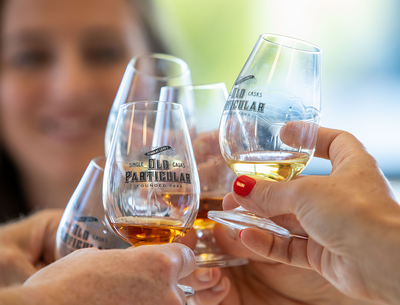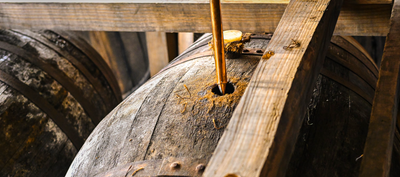
News

News
34 Items

April 19 2024
Douglas Laing marks its distilling debut with the launch of its Strathearn Single Malt
• Independent Scotch Whisky Business, Douglas Laing & Co, marks its distilling debut with their inaugural release of Strathearn Single Malt Scotch Whisky
• Created from just 32 specially selected casks and entirely hand-crafted, this truly limited release marks the relaunch of Strathearn under Douglas Laing ownership
Marking a significant milestone in the storied history of Douglas Laing...














